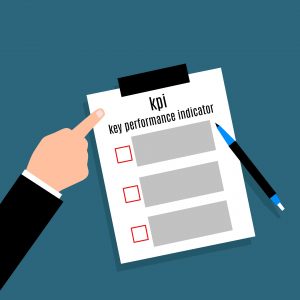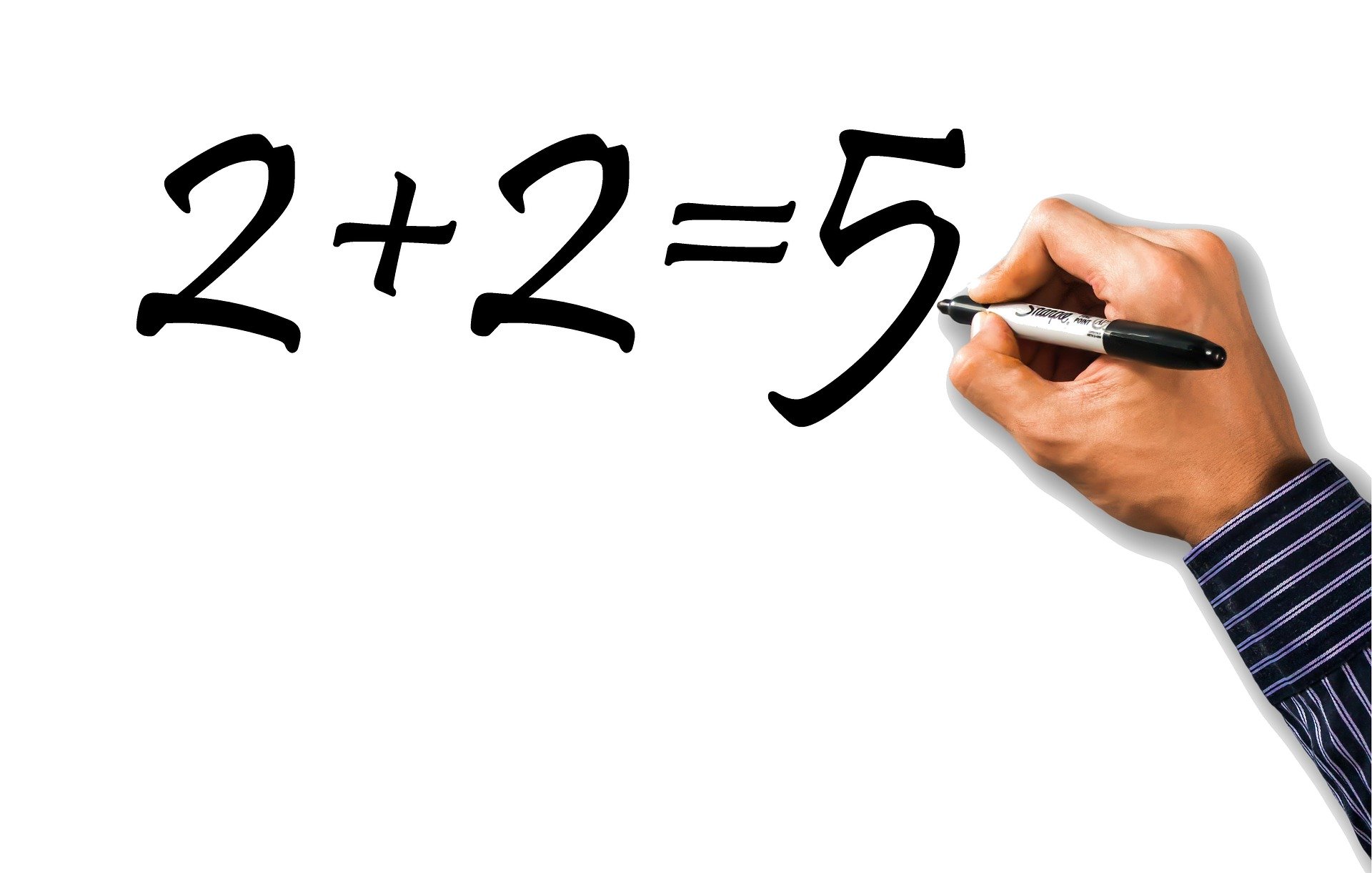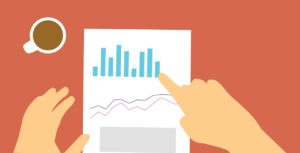What is a Data Analyst?
Data Analyst is a multidisciplinary profession in which data is analyzed with the help of statistical tools. From data the analyst generates insights about the activities of users or customers in the organization, and from these insights the data analyst builds theories and forecasts that are presented to the stakeholders in the organization.
To become a data analyst you need to know: statistics, programming languages, business understanding, sociology and identifying technological and political trends. There are very few professions in the job market that combine so many areas, and as a multidisciplinary profession, an analyst’s training path can veray, but must include several areas of knowledge.
Also, to be an analyst you have to be curious, creative, very critical about data and not afraid of some programming.
In this post I will try to describe how to become a Data Analyst and what it takes for you to become experts in the field.
Important Note: This post presents my understanding of the subject after many years of working in the field. Other analysts may have different views on how a Data Analyst is trained. It is legitimate to have different opinions 🙂
Academic degree
To be an analyst it is highly recommended to have an academic degree. There are data analysts who do not have an academic degree, but it is not common. The reason why it is recommended to study a degree is that the profession of analyst requires theoretical and critical thinking in order to interpret and understand data and courses in an academic prepare well for this type of thinking.
What degree is worth studying?
Because the profession is multidisciplinary and requires imagination and theoretical thinking, there are a wide variety of degrees that can be studied to enter the field. Degrees can be behavioral sciences, statistics, computer science, industrial engineering and management, economics and maybe even the humanities.
It is important to emphasize that the degree should include as many courses in statistics as possible and perhaps the most important thing is to study how to create proper scientific research.
Technological knowledge
In the profession of Data Analyst, theoretical knowledge should be implemented with the technological tools, statistical tools and querying databases with SQL queries. Therefore there is also a need for knowledge and technological tools.
Excel
Excel is the analyst’s best friend.
No matter how you look at it, and from which way you analyze data, at the end of the way you will always reach a table in Excel (or another spreadsheet vendor). You do not have to be an expert in everything at Excel, but you should know some of the functionality beyond the basic level. Functions such as vlookup and pivot table are very useful.
SQL Database Studies and BI Languages
As of 2021, the most common language for questioning databases is the SQL.
Therefore the recommendation is to learn SQL. Unlike other programming languages that come and go, the SQL language has been around for many years and it does not seem at the moment that there is another language that threatens it (neither Peyton nor R which I will expand on later).
Note: Each SQL engine has a slightly different dialect, but this should not bother you. Basically the language is the same for any vendor and there are small differences between the different database engines.
BI tools and dashboards
As analysts you will need to present graphs and data to stakeholders in the company you will work for and you will even need to develop some dashboards that will track the company’s main KPI’s.
The BI tools are the tools that you will need to use for those assignments.
What are your best BI tools?
Just as every guitar player likes a different type of guitar (I am in love with Ibanez metal guitars) Data analysts also prefer different BI instruments. There are a number of popular tools on the market and this list changes over the years, so it is advisable to constantly keep up to date with the new trends in the BI world.
Tools for statistical analysis (R, Python, etc.)
Usually as analysts you will not need to use these tools. 95% of the analsys can be performed by querying the database with SQL or using BI tools. Moreover, most of the time using these tools will be time consuming as they are programming languages and in programming languages you need to deal with debugging code, object oriented issues, searching for examples of code on the internet and so on. If you would use these tools, you will find yourself fixing bugs for long hours into the night instead of concentrating on data analysis tasks.
(Note – SQL is also a programming language, and it can also have bugs, but it is a language with very few objects and it is designed to be as easy as possible and close to spoken English).
When will you have to use these tools? If you need to build more complex models such as cluster analysis and prediction models, these tools may help you a lot, But these types of models are most of the time built by data scientists and not data analysts.
Employment experience
Employment experience in a business company will open your eyes to the “real world” of analytics. There is very great significance to analyzing a company’s real business. The analyzes and business questions you will answer can lead to huge profits or huge losses, they can cause recruitment of new employees or unfortunately dismissal. Real-world experience will make it clear to you how important it is to be modest and critical of your data and to always perform sanity tests.
Also, every workplace has a different data strategy and from any analyst colleague you can learn. Always be open-minded, help and assist your fellow analysts. They are your friends in arms.
Keeping up to date with what is happening in the world: Technological trends and political events
As mentioned, Data Analyst is a multidisciplinary profession. And you can not detach what happens in the real world from your work because data is gained from people’s actions, and people do not live in a solitary world, they live in our world where events occur.
As analysts you must be aware of these events and what is happening in the world around you so that you can correctly interpret and understand the big picture from the data..
There is no one way or course that can teach you what is happening in the world right now. You should be curious, keep an eye out, listen to the news, keep up to date with technological innovations, listen to podcasts on a variety of topics, and even watch advertisements to know about competing products and services.
In summary
The data analyst profession is a multidisciplinary profession and you must specialize in a number of areas in order to be an analyst. As analysts you will have a lot of responsibility for the data you produce so it is important that you have good training before you start your path in this fascinating profession.
This article was written by Yuval Marnin.
If you have a need to hire a freelancer data analyst you may contact me at: [email protected]
You may also hire me through upwork platform on that link:
https://www.upwork.com/freelancers/~018940225ce48244f0\
Further reading
The advantage of hiring a freelance data analyst.
What does a data analyst is doing and how it can help your company.





